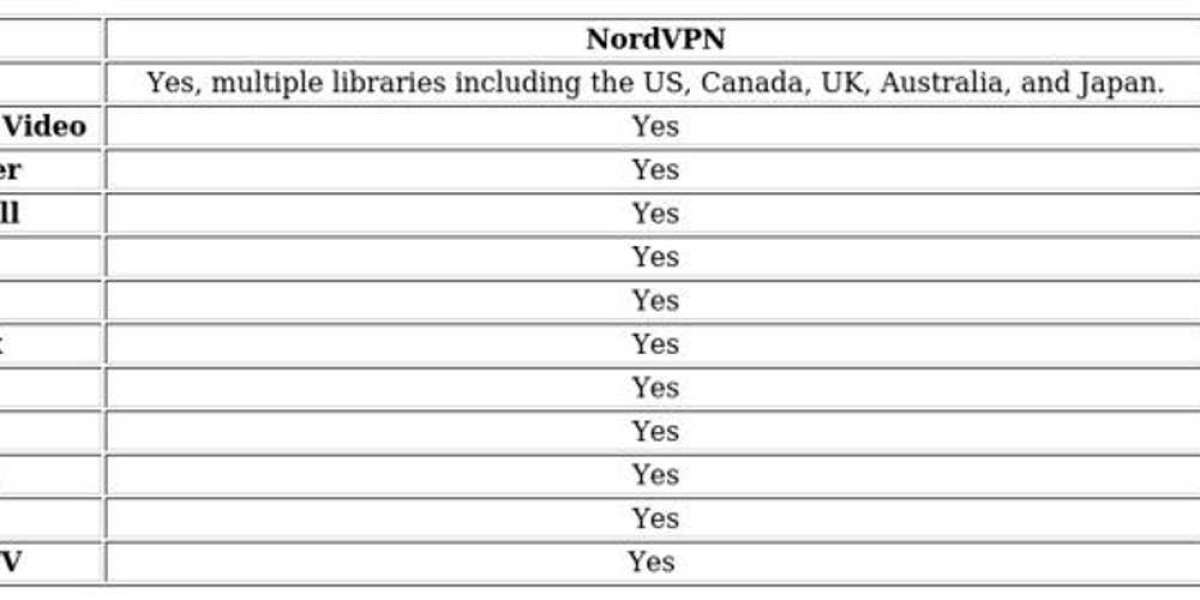Imagine you are an undergraduate International Relations student and, like the millions that have come before you, you have an essay due at midday. It is 37 minutes past midnight and you have not even started. Unlike the millions who have come before you, nevertheless, you have the power of AI at hand, to assist assist your essay and highlight all the crucial thinkers in the literature. You typically use ChatGPT, however you have actually just recently checked out a new AI design, galgbtqhistoryproject.org DeepSeek, that's expected to be even much better. You breeze through the DeepSeek register procedure - it's just an email and verification code - and you get to work, careful of the creeping technique of dawn and the 1,200 words you have delegated write.
Your essay task asks you to think about the future of U.S. diplomacy, and you have actually selected to compose on Taiwan, China, and the "New Cold War." If you ask Chinese-based DeepSeek whether Taiwan is a country, oke.zone you receive an extremely various answer to the one used by U.S.-based, market-leading ChatGPT. The DeepSeek design's reaction is disconcerting: "Taiwan has actually constantly been an inalienable part of China's sacred territory considering that ancient times." To those with an enduring interest in China this discourse is familiar. For circumstances when then-U.S. House Speaker Nancy Pelosi visited Taiwan in August 2022, prompting a furious Chinese reaction and unprecedented military workouts, the Chinese Ministry of Foreign Affairs condemned Pelosi's go to, claiming in a declaration that "Taiwan is an inalienable part of China's area."
Moreover, DeepSeek's action boldly declares that Taiwanese and Chinese are "linked by blood," directly echoing the words of Chinese President Xi Jinping, who in his address commemorating the 75th anniversary of the People's Republic of China mentioned that "fellow Chinese on both sides of the Taiwan Strait are one household bound by blood." Finally, the DeepSeek reaction dismisses elected Taiwanese political leaders as engaging in "separatist activities," using a phrase consistently used by senior Chinese officials including Foreign Minister Wang Yi, and warns that any attempts to weaken China's claim to Taiwan "are destined stop working," recycling a term constantly utilized by Chinese diplomats and military personnel.
Perhaps the most disquieting function of DeepSeek's response is the constant use of "we," with the DeepSeek model stating, "We resolutely oppose any form of Taiwan self-reliance" and "we strongly believe that through our joint efforts, the complete reunification of the motherland will eventually be accomplished." When probed as to exactly who "we" involves, yewiki.org DeepSeek is adamant: "'We' refers to the Chinese government and the Chinese people, who are unwavering in their dedication to protect nationwide sovereignty and territorial stability."
Amid DeepSeek's meteoric rise, much was made of the design's capacity to "factor." Unlike Large Language Models (LLM), thinking models are created to be specialists in making rational decisions, not merely recycling existing language to produce novel actions. This difference makes the usage of "we" even more worrying. If DeepSeek isn't simply scanning and recycling existing language - albeit seemingly from an incredibly restricted corpus primarily consisting of senior Chinese government authorities - then its reasoning design and making use of "we" suggests the introduction of a design that, without marketing it, looks for to "factor" in accordance just with "core socialist worths" as specified by a significantly assertive Chinese Communist Party. How such values or abstract thought might bleed into the daily work of an AI model, possibly soon to be utilized as an individual assistant to millions is unclear, however for an unsuspecting president or charity manager a design that may favor efficiency over responsibility or stability over competitors could well induce worrying outcomes.
So how does U.S.-based ChatGPT compare? First, ChatGPT does not utilize the first-person plural, but presents a composed introduction to Taiwan, laying out Taiwan's complex worldwide position and describing Taiwan as a "de facto independent state" on account of the reality that Taiwan has its own "federal government, military, and economy."
Indeed, reference to Taiwan as a "de facto independent state" evokes former Taiwanese President Tsai Ing-wen's remark that "We are an independent nation currently," made after her second landslide election success in January 2020. Moreover, the prominent Foreign Affairs Select Committee of the British Parliament acknowledged Taiwan as a de facto independent nation in part due to its having "a long-term population, a specified territory, federal government, and the capability to get in into relations with other states" in an August, 2023 report, a response likewise echoed in the ChatGPT response.
The vital distinction, however, is that unlike the DeepSeek design - which merely presents a blistering declaration echoing the greatest echelons of the Chinese Communist Party - the ChatGPT response does not make any normative statement on what Taiwan is, or is not. Nor does the response make appeals to the worths often upheld by Western political leaders seeking to underscore Taiwan's significance, such as "flexibility" or "democracy." Instead it merely lays out the competing conceptions of Taiwan and how Taiwan's complexity is shown in the international system.
For the undergraduate student, DeepSeek's response would offer an out of balance, emotive, and surface-level insight into the function of Taiwan, doing not have the scholastic rigor and intricacy required to gain a great grade. By contrast, ChatGPT's reaction would welcome discussions and analysis into the mechanics and meaning-making of cross-strait relations and China-U.S. competitors, welcoming the critical analysis, use of proof, and argument development needed by mark plans employed throughout the scholastic world.
The Semantic Battlefield
However, the ramifications of DeepSeek's action to Taiwan holds significantly darker connotations for Taiwan. Indeed, Taiwan is, and has long been, in essence a "philosophical problem" defined by discourses on what it is, or is not, that emanate from Beijing, Washington, and Taiwan. Taiwan is therefore basically a language game, where its security in part rests on understandings amongst U.S. lawmakers. Where Taiwan was once analyzed as the "Free China" throughout the height of the Cold War, it has in recent years significantly been viewed as a bastion of democracy in East Asia facing a wave of authoritarianism.
However, need to existing or future U.S. politicians pertain to view Taiwan as a "renegade province" or cross-strait relations as China's "internal affair" - as regularly declared in Beijing - any U.S. resolve to intervene in a conflict would dissipate. Representation and interpretation are essential to Taiwan's predicament. For example, Professor of Government Roxanne Doty argued that the U.S. invasion of Grenada in the 1980s just carried significance when the label of "American" was credited to the soldiers on the ground and "Grenada" to the geographic space in which they were getting in. As such, if Chinese soldiers landing on the beach in Taiwan or Kinmen were translated to be merely landing on an "inalienable part of China's sacred territory," as presumed by DeepSeek, with a Taiwanese military response deemed as the useless resistance of "separatists," a totally different U.S. response emerges.

Doty argued that such differences in analysis when it comes to military action are basic. Military action and the response it stimulates in the international community rests on "discursive practices [that] constitute it as an invasion, a program of force, a training workout, [or] a rescue." Such interpretations return the bleak days of February 2022, when directly prior to his intrusion of Ukraine Russian President Vladimir Putin claimed that Russian military drills were "simply defensive." Putin described the invasion of Ukraine as a "special military operation," with referrals to the invasion as a "war" criminalized in Russia.

However, in 2022 it was highly unlikely that those seeing in horror as Russian tanks rolled across the border would have gladly utilized an AI personal assistant whose sole recommendation points were Russia Today or Pravda and wikibase.imfd.cl the framings of the Kremlin. Should DeepSeek establish market supremacy as the AI tool of choice, it is most likely that some may unknowingly trust a model that sees consistent Chinese sorties that run the risk of escalation in the Taiwan Strait as merely "needed procedures to protect nationwide sovereignty and territorial integrity, as well as to keep peace and stability," as argued by DeepSeek.
Taiwan's precarious plight in the global system has long remained in essence a semantic battlefield, where any physical conflict will be contingent on the moving significances credited to Taiwan and its individuals. Should a generation of Americans emerge, schooled and socialized by DeepSeek, that see Taiwan as China's "internal affair," who see Beijing's hostility as a "necessary step to secure national sovereignty and territorial integrity," and king-wifi.win who see chosen Taiwanese political leaders as "separatists," as DeepSeek argues, the future for Taiwan and the millions of individuals on Taiwan whose distinct Taiwanese identity puts them at chances with China appears extremely bleak. Beyond toppling share prices, smfsimple.com the emergence of DeepSeek ought to raise major alarm bells in Washington and around the world.









